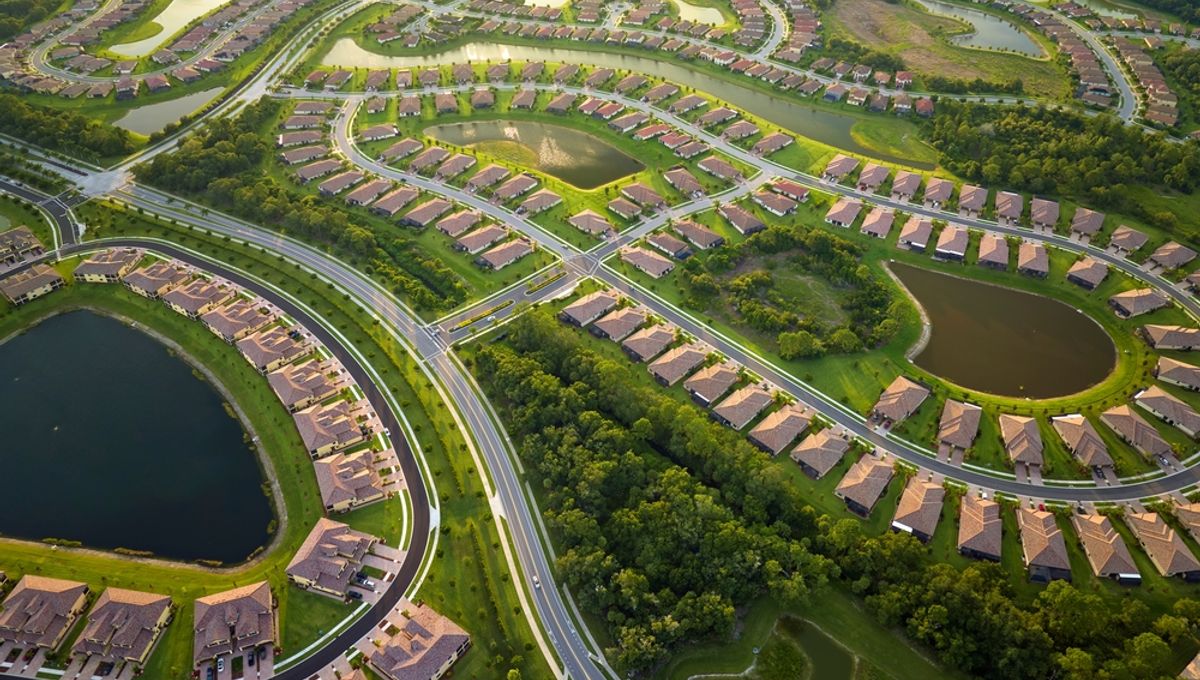
A new study has identified that houses in the US could be overvalued by a total of hundreds of billions of dollars as prices fail to account for flood risks due to climate change. The findings suggest significant policy changes need to happen in many states that do not consider such risks and that many remain ignorant to how climate change may impact the average homeowner.
House prices have soared beyond what anyone thought was possible over recent years, believed to be fueled mainly by the COVID-19 pandemic and an increase in working from home. As a result, prices have become so detached from modern wages, many workers are entirely priced out of owning their own home in certain areas, forcing them to relocate or rent.
Unfortunately for many homeowners, the climate is changing as a direct result of human emissions and this will have a severe impact on viable living areas. Sea levels are rising and the weather is changing, significantly increasing the flood risk in many areas of the US, particularly in coastal regions. As a result, many properties are under threat of damage or complete loss to floods, which would usually be priced into the value from geological surveys. However, in many areas, climate change is simply not accounted for.
But by how much are houses in the US actually overvalued? A new study has looked to put a figure to this vast disconnect between the “actual” value and current market value of houses in the US, with a specific interest in how the growing climate problems could destabilize the market.
It concluded that the flood risk represented by the changing climate could account for an overvaluation of $121–$237 billion (£100-£197 billion) and that some of the most at-risk areas have the least concern over climate change, which is reflected in their flood laws.
If the results are correct, it could point to a dangerously fragile market that could leave many people in substantial negative equity, particularly in low-income areas.
“Low-income households are at greater risk of losing home equity from price deflation, and municipalities that are heavily reliant on property taxes for revenue are vulnerable to budgetary shortfalls,” write the authors.
“The consequences of these financial risks will depend on policy choices that influence who bears the costs of climate change.”
The authors call this a housing “bubble” that may fall victim to rapid price deflation in some areas impacted by floods, and state that the overvaluation was much higher than previously thought. Many low-income households are falling victim to this overvaluation and a potential deflation could exacerbate the wealth gap in America. The authors call on government policy and mortgage lenders to be more aware of these risks, and say that coastal states may need to pay closer attention to how the changing climate may economically impact their populations.
The study was published in Nature Climate Change.
Source Link: Study Puts A Number To How Overvalued Houses Are In The US